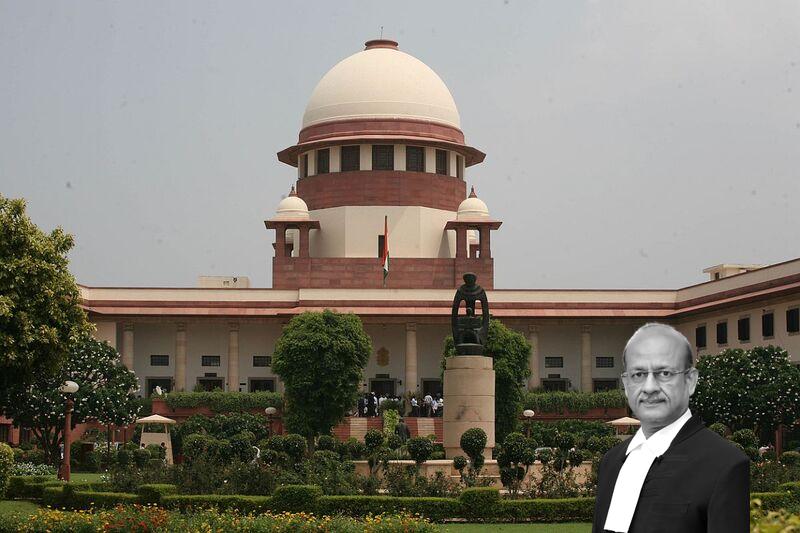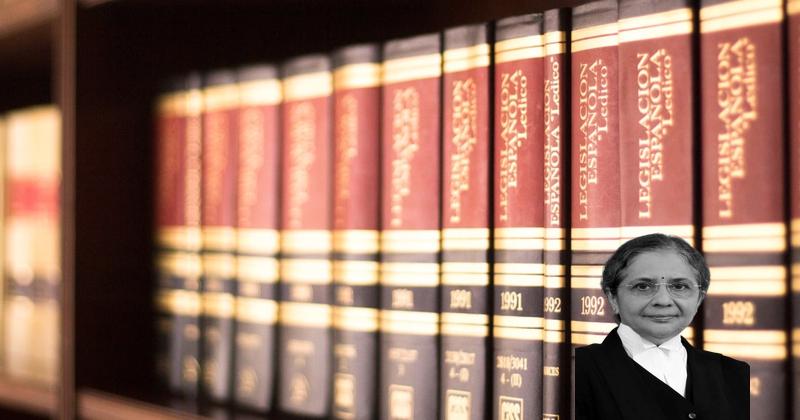Vide aforesaid order, the Division Bench has upheld the order dated 10.06.2011, passed by the learned Single Judge in Writ Petition. Based on the report of the Enforcement Officer dated 01.07.2003, it was reported that there being total 26 employees working in both the Institutes, which are managed by the same Society and within the same premises, the establishment would be covered under the provisions of the EPF Act w.e.f. Thereafter, the appellant filed a Writ Petition challenging the order passed by the Tribunal before the High Court, which was dismissed by the learned Single Judge vide order dated 10.06.2011.
Provident Fund Commissioner, (2011) 13 SCC 517, are applied in the present case, it will be evident that there is no error in the orders passed by the Commissioner, the Tribunal or the High Court, directing coverage of both the Institutes run by the Society, under the EPF Act. The respondent submitted that it is a case in which neither the appellant nor the Ideal Institute or the Society, which is managing the affairs of the Institutes, had placed any material before the Commissioner, the Tribunal or even the High Court to dislodge the facts found by the Enforcement Officer and established that both the Institutes are independent and have no common management. The Single Judge of the High Court had also noted that the appellant had failed to produce any material to support the claim that there is no common supervisory or financial management and that the two Institutes were distinct with separate management and not interconnected.
It is also an admitted fact that the Ideal Institute employed 8 persons, whereas the Arts College employed 18 persons. Workmen, AIR 1960 SC 56, wherein it was opined that it is impossible to lay down any one test as absolute and invariable for all cases to determine the issue regarding clubbing of two establishments for the purpose of coverage under the EPF Act. In other words the question was whether the limestone quarry of Rajanka formed part of the establishment known as the Chaibasa Cement Works within the meaning of Section 25-E(iii) of the Industrial Disputes Act. Unity of ownership, unity of management and control, unity of finance and unity of labour, unity of employment and unity of functional “integrity” were the tests which the Court applied in that case. Naraini Udyog, (1996) 5 SCC 522, wherein this Court found the functional integrity with common management of two different establishments controlled by the same Hindu Undivided Family (HUF) and having a common head office, even though located at a distance of three kilometres.
In the present case, when two units are located adjacent to one another and there are only two teachers with an aaya, a clerk and a peon, it is difficult to believe that the society which runs 30 schools would run a separate school consisting of such a small number of staff. The appellant contended that since the two institutions have separate and independent accounts and are managed by the two different managing committees, thus both the institutions can’t be treated as one establishment for the purpose of clubbing and coverage under the EPF Act. Gadodia & Sons’s case (supra), the issue under consideration before this Court was regarding the clubbing of two companies namely, Delhi Cattle Farming Pvt. The issue before this Court was as to whether these two companies, despite having separate legal entities, common management, financial integration and workforce proximity, should be considered a single establishment under the EPF Act. After the inspection of the institute, report was submitted by the Enforcement Officer on 01.07.2003, wherein it was stated that there being total 26 employees working in both Institutes, being managed by the same Society and within the same premises, the establishment would be covered under the provisions of the EPF Act w.e.f.
Further, it recorded that the management had responded to the notice issued by the Commissioner on 30.06.2004 vide its letter dated 14.12.2004, disputing the applicability of the provisions of the EPF Act. The issue raised in the present appeal is not regarding the calculation of dues under the EPF Act, rather it is regarding the coverage of the EPF Act by clubbing of two Institutes. The Division Bench also upheld the order passed by the Single Bench and dismissed the Writ Appeal.
The name of the college is mentioned as ‘The Ideal Fine Arts Society’s College of Visual Art’, a copy of which is also endorsed to the Principal of the aforesaid College.
From a perusal of the material available on record and the settled position of law, it can be safely opined that there is financial integrity between the Society of the appellant as well as the Ideal Institute as substantial funds have been advanced to the Institutes by the Society. Further, both the Institutes are functioning from the same premises. For the reasons mentioned above, the appeal is dismissed. There shall be no order as to costs.
Case Title: M/s MATHOSRI MANIKBAI KOTHARI COLLEGE OF VISUAL ART Vs. THE ASSISTANT PROVIDENT FUND COMMISSIONER
Case Number: CIVIL APPEAL NO.4188 OF 2013 (2023 INSC 909)



